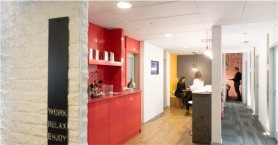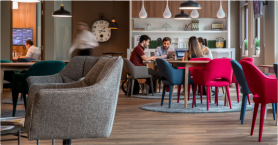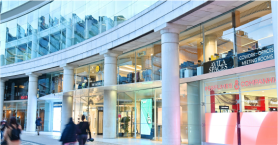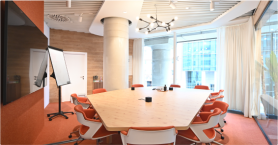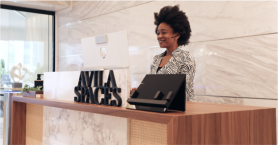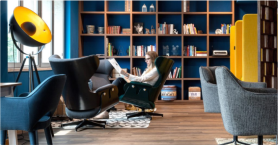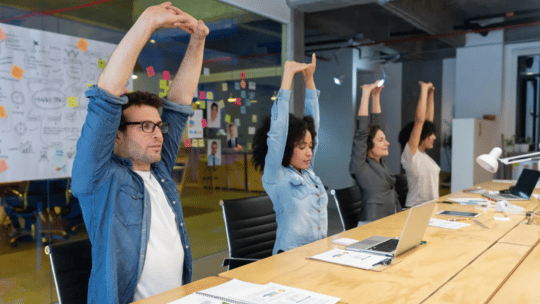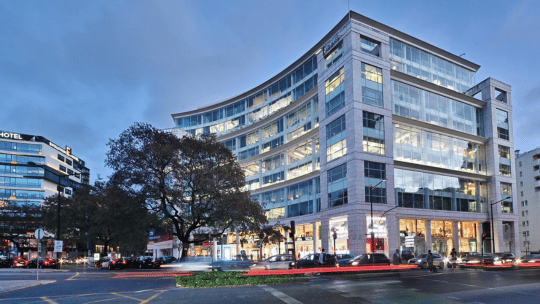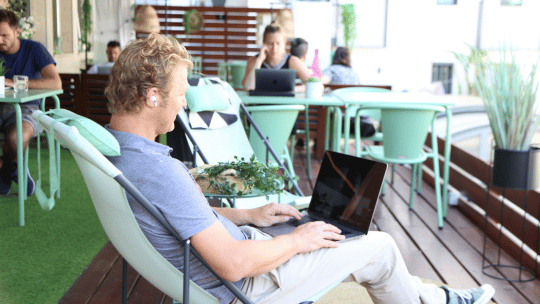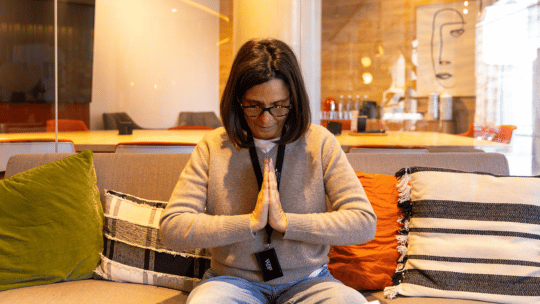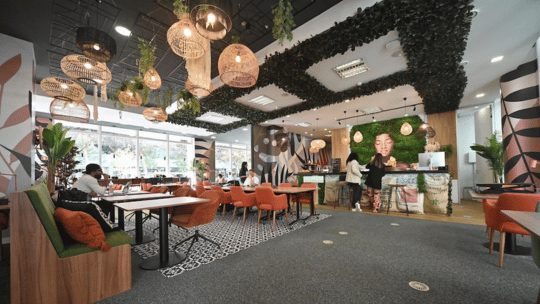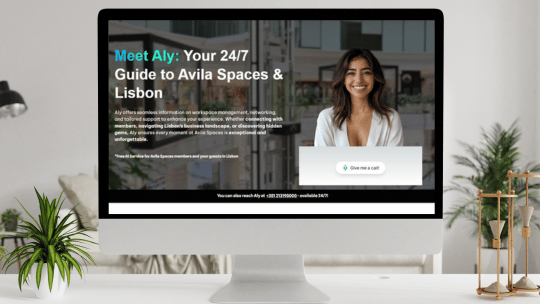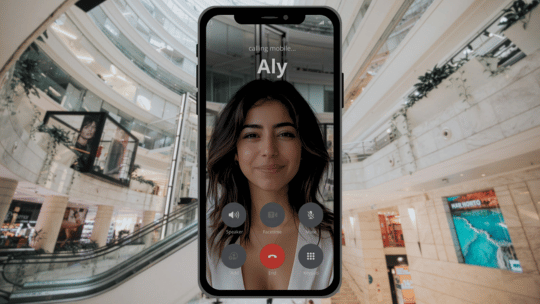|
This month, Avila Spaces gave an interview Magazine Imobiliário on the new model hybrid office, Flex Office. We transcribe below. Magazine Imobiliário Interview Avila Spaces - CEO Carlos Gonçalves MI: The pandemic has accelerated new work trends, as is the case with the new hybrid models. Do you share this vision? CG: Of course, and we, at Avila Spaces, feel that way. In reality, many companies have already adopted a hybrid work model, as a way to provide a greater balance between personal and professional life to their employees. But this pandemic accelerated this trend and Avila decided to present a new hybrid model, which consists of offering a third space, which functions as a 'satellite office'. In practice, employees will be able to choose to work from the company's headquarters, from their residence, or, occasionally, from an office and cowork center such as Avila Spaces. With this crisis, many companies have chosen to do without their traditional office, choosing to hire a flexible office solution, allowing their employees to combine teleworking with the punctual use of our spaces: whether it is an office rented daily or monthly, a meeting room for work sessions, or cowork spaces. MI: Workers face several challenges in these pandemic times, including isolation and a lack of conditions at home to perform their duties, but companies also face wasted leased space. Is the Flex Office concept, which you are launching, an alternative to this scenario? CG: When there is a balance between the physical presence at the company's headquarters and in an office / cowork center or at home, employees gain quality of life and spend less time traveling. This new hybrid model, translated into the rental of an office or job description in our cowork, allows networking and socialization opportunities, with all the security rules, at this moment, which only in teleworking is not possible. MI: What are the biggest advantages of this solution, besides allowing to reconnect people/collaborators? CG: People have to have this flexibility to choose how they want to work, without it having to sacrifice productivity. The main advantage has to do with the fact that the workspaces can be subscribed according to the needs of the users, including the rental of offices for a day, or the purchase of a prepaid pass for access to the Business Lounge of the Avila that, for 15 euros/day, allows you to use this space for ten days, in a hotdesking regime. The alternative to this pass is a monthly subscription of 150 euros that gives you access to space during all working days of the week, from 8 am to 8 pm. MI: To get a sense of what we are talking about, is it possible to show, in practice, the differences between a "traditional” office and a Flex Office, namely in terms of costs? CG: In a traditional office, the costs of water, electricity, internet, cleaning, and maintenance are charged separately, which means that right there is an expense that does not exist with our Flex Office offer, with the features I described. It is not possible to have a traditional office for 150 euros/month that gives access to space during all the working days of the week, since this cost is, on average, 750 euros - therefore, we have a savings of 75% in associated costs. MI: Do you already have prestigious national and international companies adopting this service, what feedback did you get in relation to the Flex Office? CG: Melair Cruises, which represents Royal Caribbean in Portugal, and human resources company QSR recently switched to this flexible working model that we have at Avila. Flex Office is arousing the interest of several other companies: we are currently being approached by several who want to adopt this new work model, for reasons of cost rationalization, but also for efficiency and productivity issues of the teams. Royal Caribbean reinvents itself in Portugal with the Flex Office The tourism sector was one of those that suffered the most from the impact of the pandemic: leisure travel ended up being severely restricted throughout 2020 and many countries even ended up banning this type of travel This was also an opportunity for Melair Cruzeiros, representative of the Royal Caribbean Group in Portugal, to change its strategy and organization. The company led by Francisco Teixeira adopted Avila's Flex Office concept: «The main reason that led to the move was to go to a location that had other ramifications compared to a traditional office - coworking, meeting rooms, reception service, and others people you can network with and live with ”, says the CEO. This alternative to the company office and the employees' homes turns out to be "more economical, more comfortable and more productive” for Francisco Teixeira, who also points out the spaces that Avila has available as factors that contribute to well-being: « Kitchen, terrace, lounge and meeting rooms with a plug and play videoconference system |
Other articles
In today?s competitive job market, attracting top talent is only half the battle. Retaining...
The Re:Space is a project idea that aims to transform underutilized outdoor spaces into...
Avila Spaces has just launched a new initiative that promises to energize the business ecosystem...
Coming back to the office after a vacation can feel like a shock to the system. Let's...
Holidays are meant to be a time of rest, joy, and reconnection?with ourselves, others, and the...
We currently live in a reality where acceleration is a constant. More and more, we seek...
In the modern, fast-paced workplace, productivity often feels like a race against time....
The second edition of Remote Week in Fundão has been confirmed. In 2025, a new group of...
Avila Spaces has been awarded the prestigious ?Cinco Estrelas Regiões Award? in the ?Coworking...
Avila Spaces announces its sponsorship of Pedro ?Figgy? Figueiredo, one of Portugal's most...
After its initial launch aiming to provide information on the Web Summit 2024 and Lisbon's...
Avila Spaces has introduced, in collaboration with Elbo Pte, an open-access virtual assistant,...
